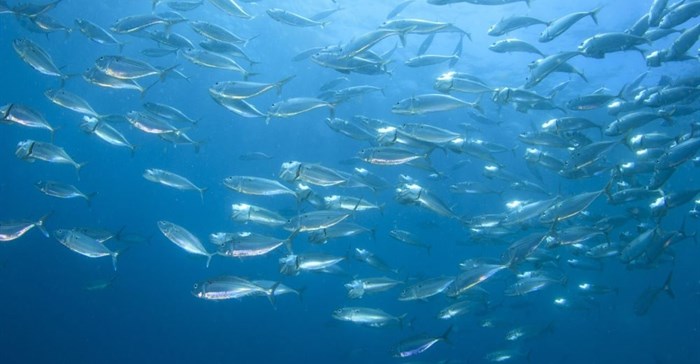
Top stories






More news






ESG & Sustainability
#Sona2026: President announces crisis committee to tackle SA's water challenges








Waste management has become a topic of increasing importance globally and in particular South Africa where there is a need to implement more effective ways to reduce waste produced in sites. As businesses are using a circular approach to become more sustainable there is a demand for recycled raw materials as they have lower energy costs and reduced carbon footprint.
Sea Harvest is converting leftover food into fishmeal and selling it to pig farmers for use as animal feed. Sea Harvest actively ensures minimal waste or impact from their processing operations, which has allowed them to start other recycling waste streams.
Waste paper from cardboard packaging and plastic are also collected by Sea Harvest. As plastic is a significant marine pollutant and represents a threat to the fishing industry, Sea Harvest has demonstrated a concerted approach to reducing plastic waste and increasing the amount of plastic recycled.
Sea Harvest has also actively driven recycling of metal waste which originates from several potential sources including fishing vessels, processing plant maintenance and infrastructure maintenance. Types of metals collected have been extended over the last few years from almost exclusively scrap metal to now also include light steel and stainless steel, amongst others. Sea Harvest is not only demonstrating responsible fishing but continues to play its part in ensuring that South Africa’s rich marine resources will be enjoyed by future generations.

Circulareconomy.co.za is powered by the Recycling and Economic Development Initiative of South Africa (REDISA). REDISA is a non-profit organisation whose aim is to develop a sustainable South African tyre recycling industry through an Integrated Industry Waste Tyre Management Plan (IIWTMP).
Go to: http://circulareconomy.co.za/